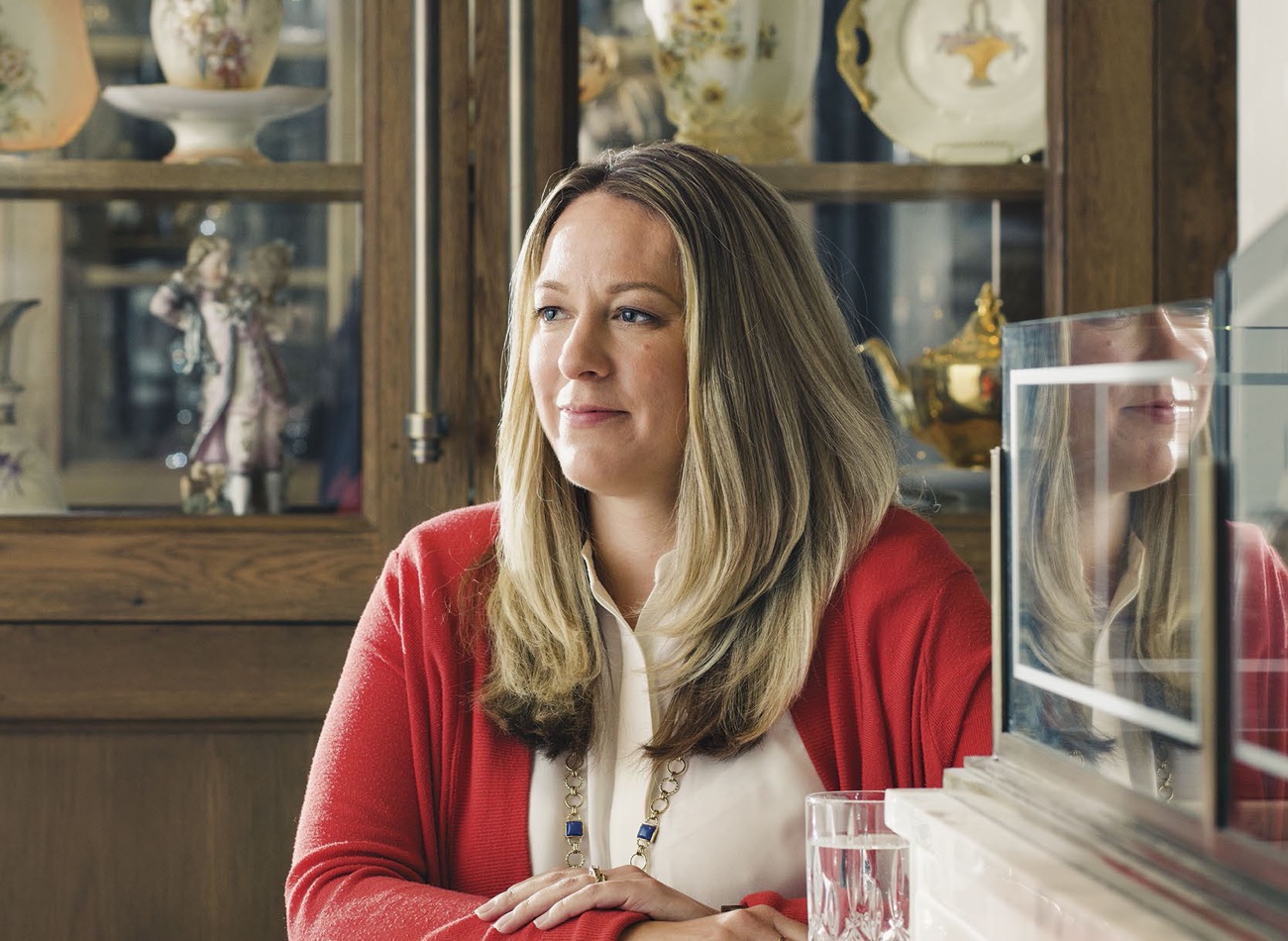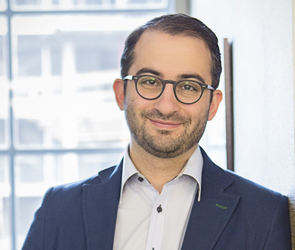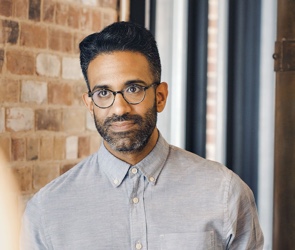
It’s a tumultuous time for refugee lawyers. Both the political climate in the United States and ongoing conflicts in war-torn countries are drawing thousands of refugees to Canada.
For Jacqueline Swaisland, a refugee lawyer at Waldman & Associates, the number of people willing to work hard and start over in this country is inspiring. It’s her job to help give those people, who may be fleeing violence in their home country, a chance to start over. Here, she tells us how she gives some of the world’s most downtrodden a lifeline.
What does a refugee case boil down to?
At root, refugee cases are about convincing the Immigration and Refugee Board of Canada that, if someone returned to her home country, she would face a serious risk of persecution, such as violence or political oppression. To accomplish that, Swaisland writes a refugee-status application and, if necessary, appears before the refugee board to argue on behalf of her client.
Can you talk about an interesting case you’ve worked on?
Swaisland recalls one client, a journalist, who was jailed in her home country for criticizing its human rights policies. Her family smuggled her out of the country into Canada, where Swaisland helped her apply for refugee status. “We filed refugee documents to prove it was necessary for her to stay in the country,” she says. “I also prepared her for her board appearance, where she described her past traumas.”
In the end, her client was granted refugee status. “My client put her life on the line to help others, so I was glad that I could help her gain the protection she needed.”
What common challenges do refugee lawyers face?
The job takes a heavy emotional toll. “You often feel,” says Swaisland, “like you’re the only thing standing in the way of a client’s deportation and persecution back home.”
What are the job prospects in the practice area?
Not great. Students who are serious about working as refugee lawyers should, first, volunteer with refugee groups and, second, pound the pavement until they find a paying gig. “You have to knock on as many doors as you can,” says Swaisland. (That’s how she got her job.)
What type of person would most enjoy immigration law?
“Someone who can handle very difficult cases,” says Swaisland. The desire to be on your feet is also a bonus. “I have some colleagues who do six to seven hearings a month.”
Photography by Ian Patterson




